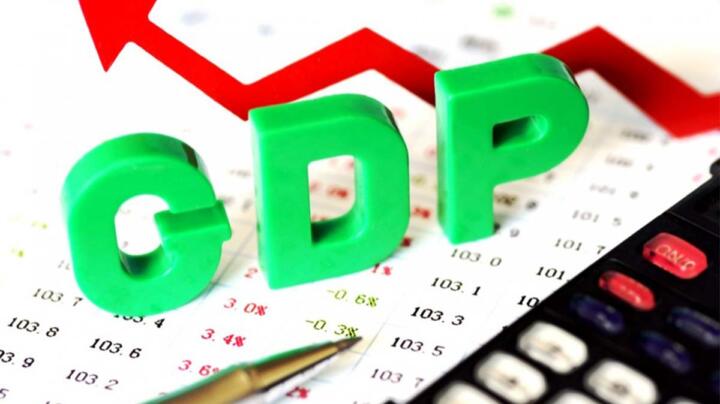The third quarter of 2023 has revealed a slowdown in the growth of Nigeria’s non-oil sector, indicating challenges in the government’s economic diversification initiatives. The National Bureau of Statistics (NBS) reports a real growth rate of 2.75%, slightly lower compared to both the previous year and the second quarter of 2023.
This critical sector, comprising Information and Communication, Financial and Insurance, Agriculture, Trade, Construction, and Real Estate, plays a pivotal role in the nation’s economy. However, it faces hurdles reflected in key statistics:
– The non-oil sector’s contribution to the GDP was 94.52% in Q3 2023, down from 94.66% in the previous quarter but higher than the 94.34% in the same period last year.
– The president’s policies, including fuel subsidy removal and naira unification, have exacerbated inflation, impacting Nigerians’ purchasing power and causing businesses in the non-oil sector to struggle with lower profits and diminished consumer confidence.

The following sub-sectors have witnessed a slowdown in growth:
1. **Agriculture:**
– Nominal sector growth in Q3 2023 was 11.06%, a decline of 9.02% points from the corresponding quarter in 2022.
– Crop Production remains the primary driver, constituting 92.24% of the sector’s total nominal value.
– Real GDP contribution was 29.31%, lower than the previous year but higher than the second quarter of 2023.
2. **Trade:**
– Nominal year-on-year growth rate was 3.10% in Q3 2023, down from 13.17% in the same quarter of 2022.
– Real growth rate was 1.53%, reflecting a decline from the previous year and the previous quarter.
– Trade contributed 11.06% to nominal GDP in Q3 2023, a decrease from the same quarter the previous year and the quarter before.
3. **Transportation and Storage:**
– A decline of -28.57% in nominal terms during Q3 2023, with a real decline of -35.85%.
– As a percentage of Nominal GDP, transport activities accounted for 1.16% in Q3 2023, a decline from the corresponding period of 2022 and below the second quarter of 2023.
4. **Other Contributors:**
– The ICT sub-sector grew at a rate of 40.27% year-on-year in nominal terms, with a decline in real terms.
– Accommodation and food services experienced an annual growth rate of 7.02% in nominal terms.
– The construction sector expanded by 3.02% in nominal terms, down significantly from the same quarter of 2022.
Despite these challenges, the World Bank predicts that the non-oil sector will be the primary driver of Nigeria’s economy in 2023, emphasizing the importance of services, trade, manufacturing, construction, and agriculture.
President Bola Tinubu has assured potential investors of a safe investment environment in Nigeria, highlighting ongoing efforts to diversify the economy and move away from oil dependence. However, it is evident that these diversification efforts are yet to yield significant results in strengthening non-oil sector growth. The recent PMI report also signals a decline in business activity, underlining the need for sustained efforts to promote the growth of the non-oil sector.
Support InfoStride News' Credible Journalism: Only credible journalism can guarantee a fair, accountable and transparent society, including democracy and government. It involves a lot of efforts and money. We need your support. Click here to Donate
